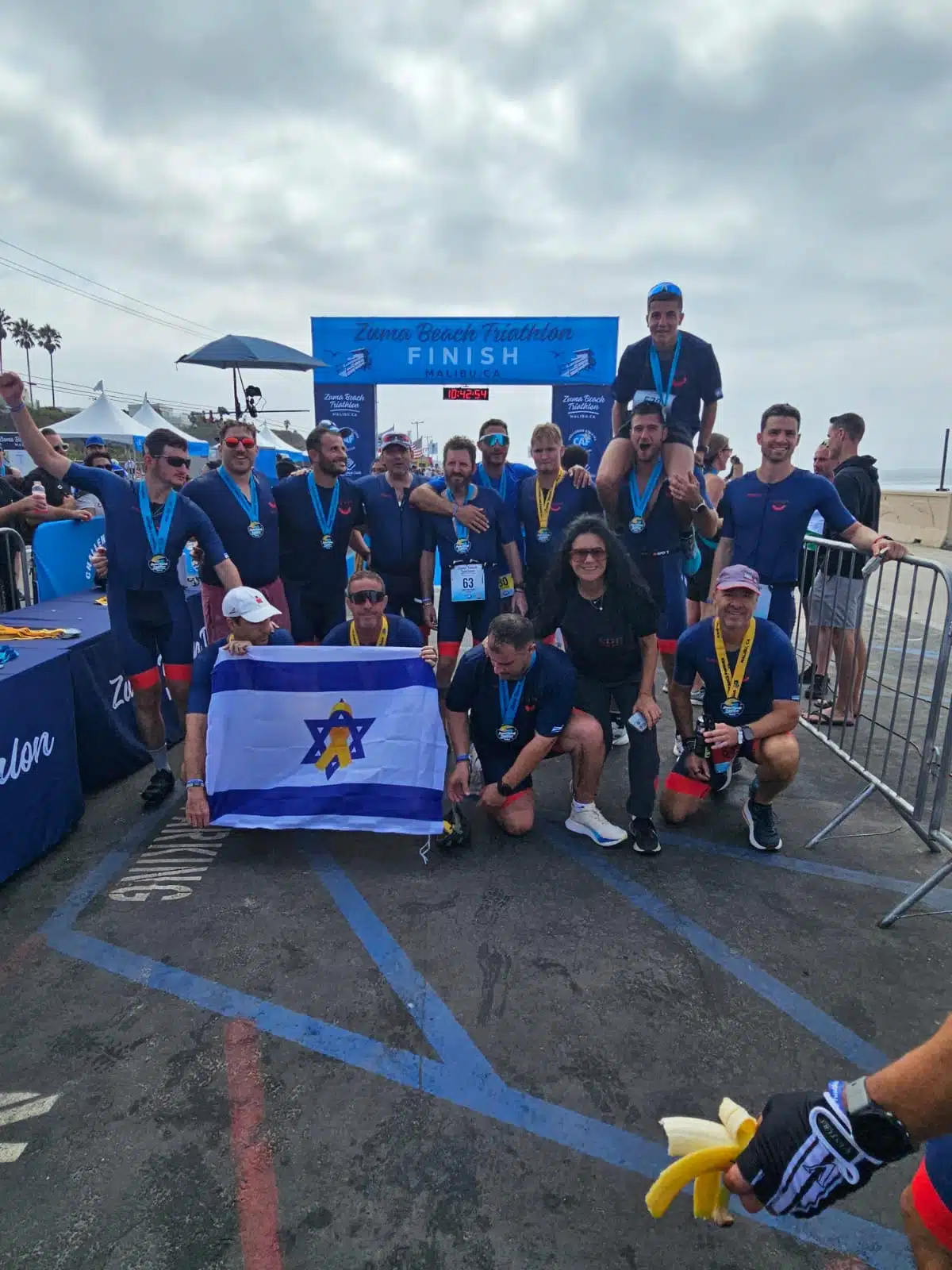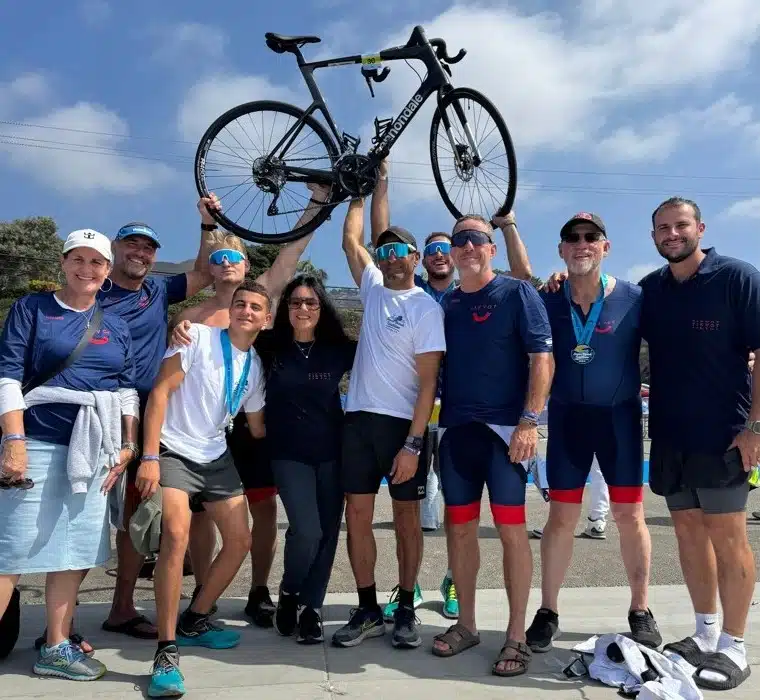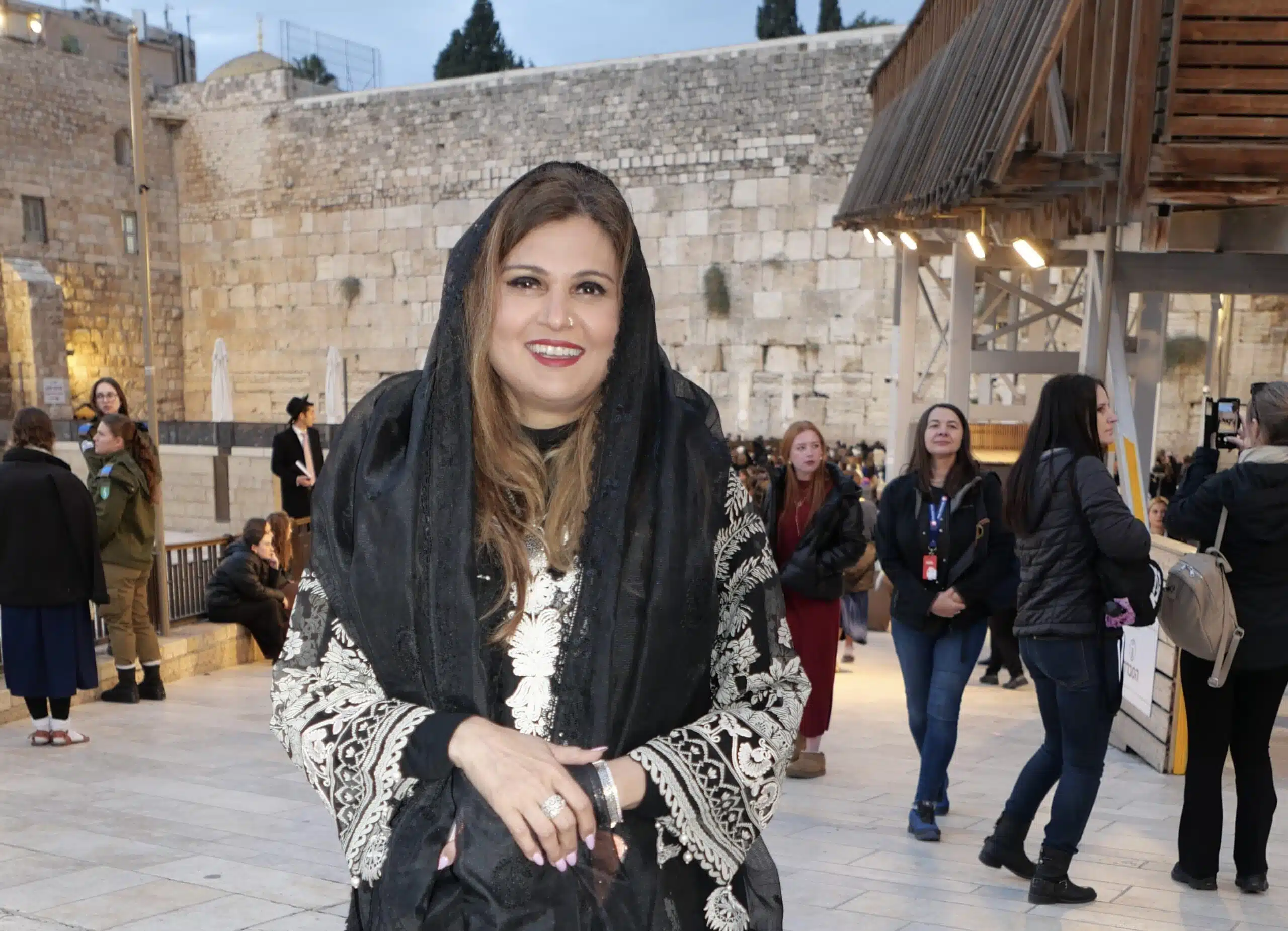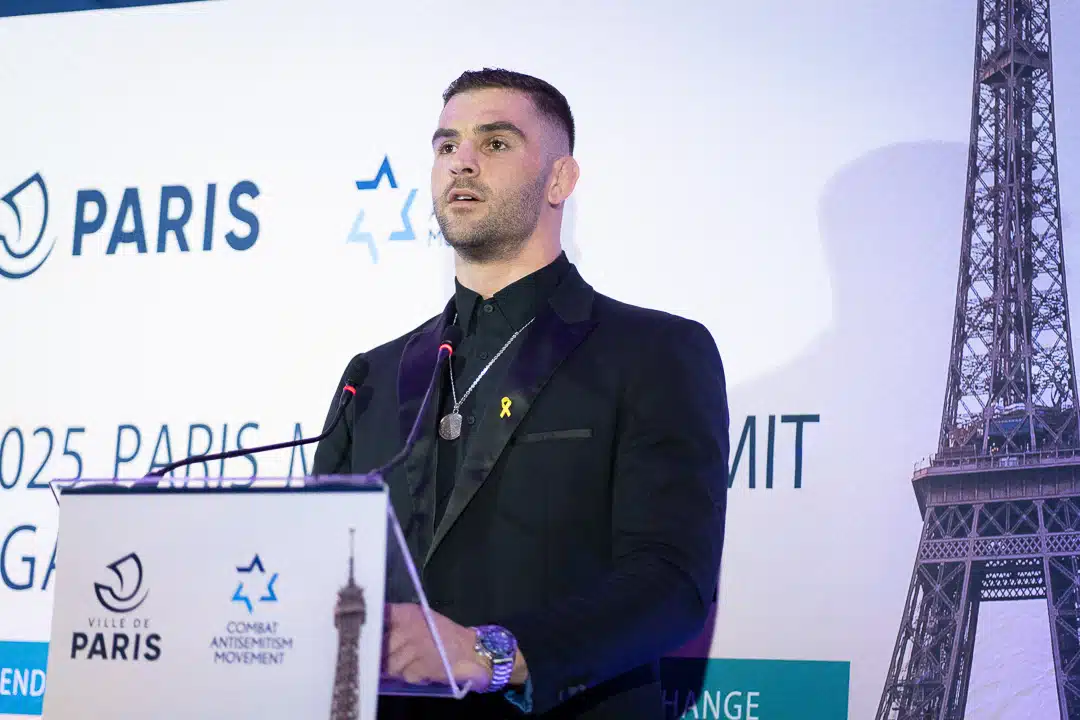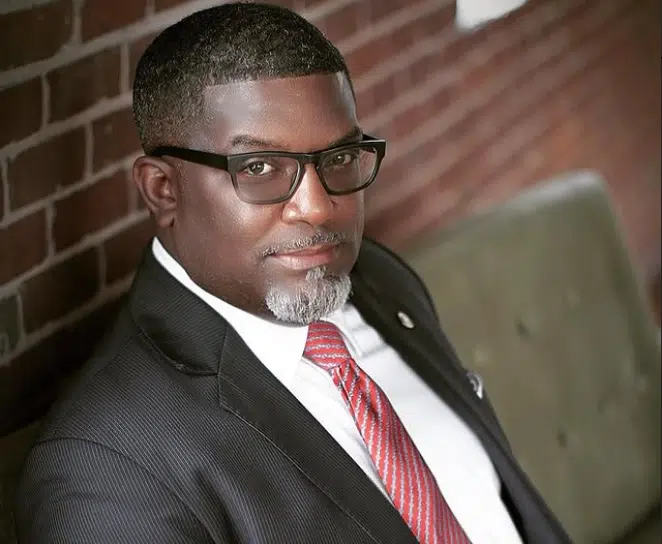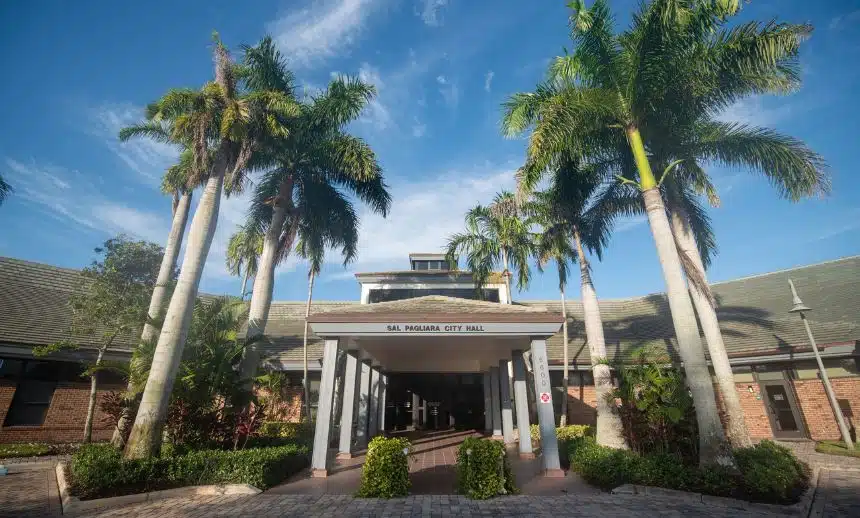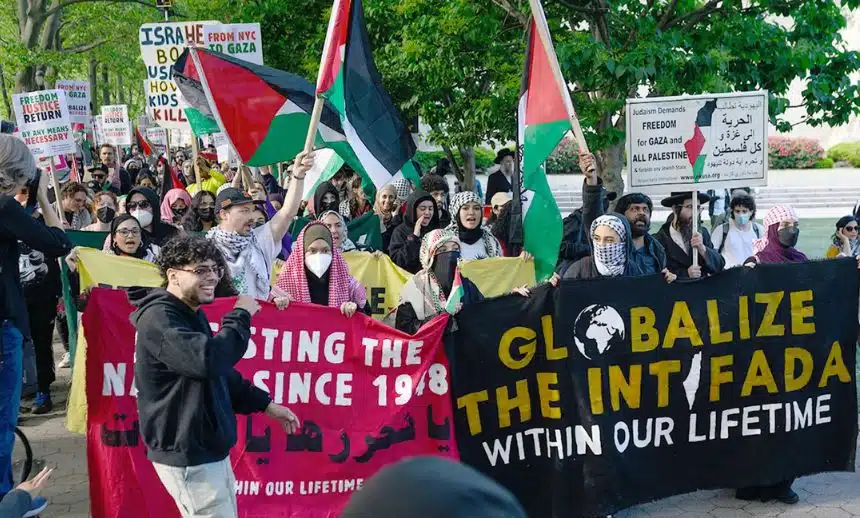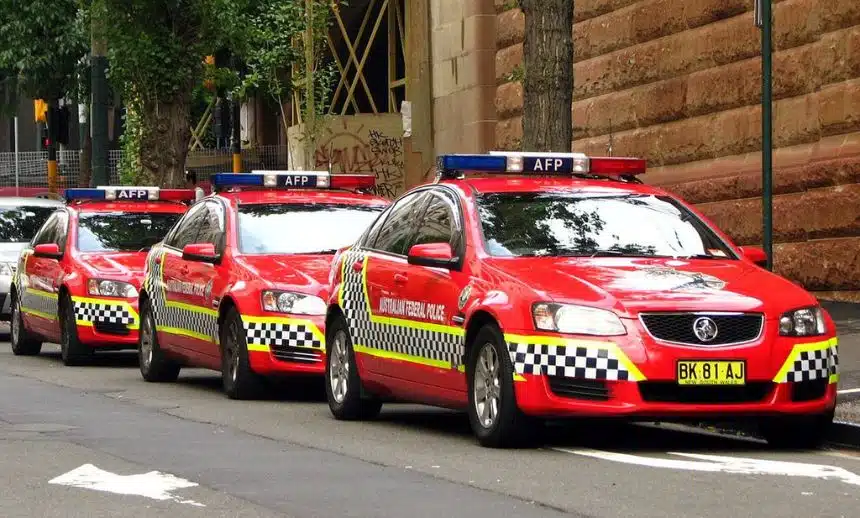A conversation with Simone Farbstein, Director of TIKVOT, and Dror Reginiano, father of Itay, an IDF soldier severely wounded in Gaza who is rebuilding his strength through TIKVOT’s programs.
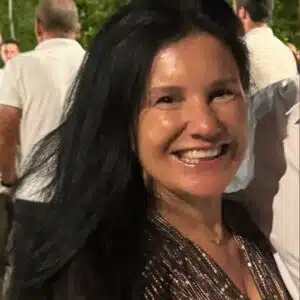
Rebuilding Body, Mind, and Spirit
When the October 7th massacre left thousands of Israeli soldiers and civilians wounded, among the organizations that stepped forward to help them recover — in body, mind, and spirit — was TIKVOT, a volunteer-based nonprofit founded in 2007. Over the years, it has become a vital force for wounded soldiers and terror survivors, using the power of sport to rebuild physical strength and emotional well-being.
With a grant from the Combat Antisemitism Movement (CAM), TIKVOT is expanding its reach in 2025 with new running and triathlon programs, as well as adaptive skiing for paraplegic soldiers — initiatives that turn resilience into recovery.
What began as an interview quickly turned into a heartfelt conversation about Zionism, resilience, and the transformative power of sport. In it, Simone Farbstein, director of TIKVOT, and Dror Reginiano, a leading trainer and the father of Itay — an IDF soldier severely wounded in Gaza who is rebuilding his strength through TIKVOT’s programs — reflected on how rehabilitation through sport was changing lives across Israel.
Yet before a single question was asked, the conversation turned to Zionism and a shared reflection on identity, belonging, and the enduring spirit of the Jewish people.
Simone, who was born in South Africa and made aliyah as a child, spoke about why she believes Israel is the only true home for the Jewish people. “Being born in South Africa and not in Israel, but making aliyah because we understood that Israel is our homeland — that’s the only place there is to live,” she said. Her parents, she explained, were deeply rooted and influential in South Africa’s Jewish community. Her grandfathers had left Russia in 1920, building successful lives and strong connections there. “But still,” she added, “my father always said there’s one place for Jews to live — and that’s in Israel. That’s it.”
The Healing Power of Sport
TIKVOT has become a national symbol of resilience. What lies at the core of its mission, and why is sport such a powerful tool for rehabilitation?
Simone: “Most of the soldiers we meet are young, active, and used to pushing their limits,” Simone began. “The quickest way to reach them is through sport — because everyone loves the feeling of accomplishment.”
Progress, she explained, happens in visible, measurable steps. “When you go out of the house and surf, ride a horse, or run — one day you do a little, the next week more, and a month later you’re doing things you never dreamed of. That’s why TIKVOT focuses only on rehabilitation through sport. Nothing else.”
For her, sport is more than therapy. It’s an act of will. “Choosing to leave your house and go train isn’t easy,” she said. “You have to be strong enough to decide that you’re going to rehabilitate yourself — that you’re choosing life.”
A Partnership of Hope and Heroism
Through CAM’s partnership, TIKVOT has expanded adaptive skiing, running, and triathlon programs. How has this collaboration strengthened your ability to reach and transform more lives?
Simone: “Our ski project is one of the main pillars of TIKVOT,” she said. “When people hear we’re going skiing, they want to join — and that’s often how we get them started.”
For soldiers who have spent months confined to hospital wards, standing on a mountain slope for the first time is pure euphoria. “It’s not like a vacation,” she said. “To ski when you thought you’d never walk again — that’s victory.”
TIKVOT’s adaptive ski programs have been running for close to 20 years. Last year, they took around 100 participants — including soldiers wounded in the Iron Swords War. Some later joined the triathlon team. Among them was Itay, who cycled 30 kilometers in the Malibu Triathlon only months after his near-fatal injury.
“We all cried when we saw him on that bike,” Simone recalled. “That’s why the connection with CAM means so much. Who if not our soldiers will be our ambassadors to combat antisemitism? It’s the perfect partnership — hope and heroism, side by side.”
Dror: “When people saw us in Malibu, they saw who Israelis really are,” Dror added. “Not soldiers of war — people of life, fighting to keep living.”
Hope Stronger Than Hate
You’ve said CAM’s support made it possible for you to walk into hospitals, meet newly wounded soldiers, and inspire them to take that first step toward healing. What does that moment look like?
Simone: “Every Monday we go to Sheba Hospital — whether there’s a war or not,” Simone said. “But during wartime, we go nearly every day.”
“When someone is newly injured, they’re in shock. They’ve lost not only movement but confidence. I don’t go in with medical advice — I go in with hope. I tell them, you’re going to walk again, you’re going to ski again.”
That’s how she met Dror and his family. “I spent hours with them before I even met Itay,” she said. “He was critically injured, and yet today he’s cycling, walking, and training. That’s what hope can do.”
Then, almost as if to sum up her philosophy, she added softly: “Our hope is stronger than hate. That’s our answer to everything.”
A Father’s Strength, a Son’s Recovery
When your son Itay was critically wounded in Gaza, what gave you the strength to face the days ahead — and what has it been like watching him rebuild his life through sport?
Dror: “I don’t know where I found the energy,” he began quietly. “At first, I thought it would take a week, maybe a month. I didn’t realize how long and hard the road would be.”
“At first he couldn’t eat, couldn’t speak, couldn’t move. I sat beside him and moved his legs with my hands. It looked ridiculous, but I believed it mattered,” he said. “People told me I was wasting my time, but one day he started pedaling on his own — one watt. It was the happiest moment of my life.”
Months later, Itay was riding 30 kilometers at the Malibu Triathlon. “When Simone said we’d do it, I didn’t believe it was possible,” Dror admitted. “But we did it. He came back a different person — more focused, more alive. Sport gave him back his identity.”
Then he smiled. “And it gave me strength too. Because when your child chooses life, you do too.”
Rebuilding Identity, Pride, and Purpose
You’ve seen countless participants go from despair to renewal. What moments have most embodied TIKVOT’s spirit of transformation?
Simone: “Every single day I see miracles,” she said. “Every one of our participants carries a story of courage.”
She recalled preparing flight tickets for the triathlon team. “Even the El Al agent who helped me organize the group ended up knowing every name, every injury, every achievement. I told him about each person — because they’re not just passengers; they’re living proof of what’s possible.”
“That’s what TIKVOT stands for,” she continued. “We’re not just restoring movement. We’re rebuilding identity, pride, and purpose. It’s the Jewish spirit — our resilience. We fall, and we rise again.”
Bringing Sport to Every Doorstep
What does a typical day of training look like for TIKVOT participants, and how do you foster both physical and emotional growth?
Simone: “TIKVOT isn’t a physical center,” she explained. “We don’t bring everyone to one building — we bring sport to them.”
Wherever a wounded soldier lives, TIKVOT covers their training and equipment. “If someone in Eilat wants to go to the gym, we pay for their membership there. If another wants to surf or ride horses, we make that happen. It doesn’t matter where they live or what sport they choose — what matters is that they get out of the house.”
She emphasized that training alongside able-bodied athletes is crucial. “We don’t separate them. When you train with everyone else, you act and feel like everyone else — and in time, you become healthy again.”
“Sport gives you back your life,” she said. “Not only your legs.”
From the Holocaust to Heroism
Your father survived the Holocaust, and your son was wounded defending Israel. How do you see that continuity — from persecution to resilience — expressed in your own life?
Dror: He paused. “Eighty years ago, my father Meir arrived in Israel from Nazi Germany on the eve of Simchat Torah, reuniting with his father and brothers after five years apart. And now, my son Itay is fighting for that same homeland my father dreamed of.”
“My father came to build, my son went to defend — and I’m here to make sure they’re both remembered,” he said. “That’s what it means to be a Jew. We don’t stop; we just keep building.”
Triumph on the World Stage
At the Malibu Triathlon, thirteen wounded soldiers stood at the starting line under Israel’s flag. What did that moment mean for them — and for you?
Simone: “It was one of the most emotional moments of my life,” she said. “Thirteen wounded soldiers, all carrying Israel’s flag — not as victims, but as athletes, as survivors.”
Among them was Itay. “He cycled 30 kilometers, even crashed in the middle, and kept going,” she recalled. “That’s what our program is about — not giving up.”
Dror: “When he came back from that trip, he was different,” Dror said. “His focus was sharper, his confidence higher. Sport didn’t just help his body — it healed his mind.”
Simone nodded. “That’s why this partnership with CAM means so much. We’re showing the world who Israelis truly are — a people who fight not only for survival, but for life itself.”
Seeing the Future Before They Can
After the October 7 massacre, Israel faced an overwhelming wave of wounded soldiers and civilians. How did TIKVOT respond in those early days, and what drives you now after so many years of this work?
Simone: “When October 7 happened, we didn’t have time to stop and process,” she said. “We just acted.”
Her team began visiting hospitals daily, meeting families, and finding ways to get soldiers back on their feet — physically and emotionally. “I’ve been doing this for nearly 20 years,” she said. “And even after so many wars, it never gets easier. But when I meet a wounded soldier, I don’t see him as he is that day — I see him as he will be. I see him skiing, running, smiling.”
“Years ago, a soldier named Ohad was severely injured,” she remembered. “I told his father one day we’d go skiing together. He thought I was crazy. A year later, we were on the slopes. I remembered that when I met Itay — and now he’s doing the same.”
“That’s what keeps me going,” she said. “I see what’s coming before they can.”
One Story, One Nation
What message would you like to share with CAM supporters and the global Jewish community?
Dror: “We are all here because of those who fought for us,” he said. “Our fathers, our sons — they carried the same flag. It’s one story, and it continues.”
After the interview, Dror shared something deeply personal — a message he had written for friends and family before the holidays.
In that message, he recalled how, on June 8, when news broke that four Israeli hostages had been rescued from Gaza, his wife Lilach remembered that morning vividly:
“Itay ran into the room, eyes sparkling, and said, ‘Mom, turn on the TV quickly! They rescued Noa Argamani, Almog Jan, Andrey Kozlov, and Shlomi Ziv!’ I turned on the TV, my heart racing. Then I asked — were there casualties? And Itay looked at me and said, ‘Mom, it doesn’t matter. Soldiers may be injured or killed in battle — civilians must not.’”
Two days later, Itay re-entered Gaza and was critically wounded.
Dror’s message ended by honoring the five soldiers who fought beside his son and never came home — Almog Shalom, Eitan Klessbron, Yair Levin, Yair Rotman, and Talpash.
“We are all here thanks to those brave young men who went into combat,” he wrote. “Let us never forget them. May the wounded recover and live independent lives. May the fallen hostages be brought to burial in Israel. And may better, quieter days come.”
He signed it simply: “Chag Sameach — The Reginiano Family.”
TIKVOT: A Declaration of Hope
TIKVOT, which means hope, is more than a name. It’s a declaration — that even after pain, after loss, after October 7, Israelis will keep standing, running, skiing, dancing, and carrying the flag of a nation that refuses to fall.
“At the end of the day,” Simone said, “we all want the same thing — to live with dignity, with pride, and with hope.”
Dror nodded. “And to make sure the next generation never forgets why we’re here.”
For more information about TIKVOT, please visit: tikvot.org.il

